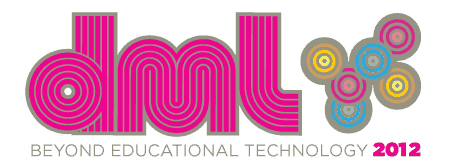DLI: The Politics and Paradoxes of Inclusion
Many online settings and democratic institutions, such as public schools, aspire to an ideal of inclusiveness. Such an aspiration is especially important at the current historical moment. Not only are people and cultures with different histories coming together in unprecedented ways, but persons are increasingly asked to juggle a multiplicity of commitments to families, friend groups, neighborhood communities, subcultures, affinity groups, fandoms, taste-publics, schools, workplaces, and so forth. In theory, settings that hold up an inclusive ideal welcome the diversity of perspectives and commitments that increasingly define contemporary life. In practice, even “inclusive” forms of collective life are laden with power relationships, and some perspectives and social practices win out over others.
This panel addresses some of the challenges, complexities, and ironies involved in efforts to design and promote inclusive publics, communities, and learning environments. In particular, we look at how young people and adults negotiate autonomy, codependence, and normative social practices in these settings. We plan to address these issues by drawing on four qualitative case studies from different regions of the U.S. Mary will discuss how LGBT identifying students in Massachusetts used online tools to connect with each other and yet ultimately had to negotiate with local adult sponsors in order to change policies at their schools. Jeff will address how teenagers in a distressed region of Harlem integrated digital technologies into performances of longstanding street rituals, changing the very nature of street life and posing new questions around the reproduction of inequalities. Antero will show how students in South Central Los Angeles excluded school adults from their day-to-day mobile practices in ways that ultimately reinforced traditional power relations in school. Christo will discuss how parents and educators at a New York City public middle school attempted to define normative masculinity in ways that were simultaneously progressive and yet exclusive of boys from poor and working class families. danah will act a as discussant, drawing on her own ethnographic work with a diverse collection of children and youth from around the U.S. Through these illustrative cases, the panelists hope to engender a broader conversation about the politics, complexities, and potential paradoxes of efforts to promote social inclusion and cohesion.



